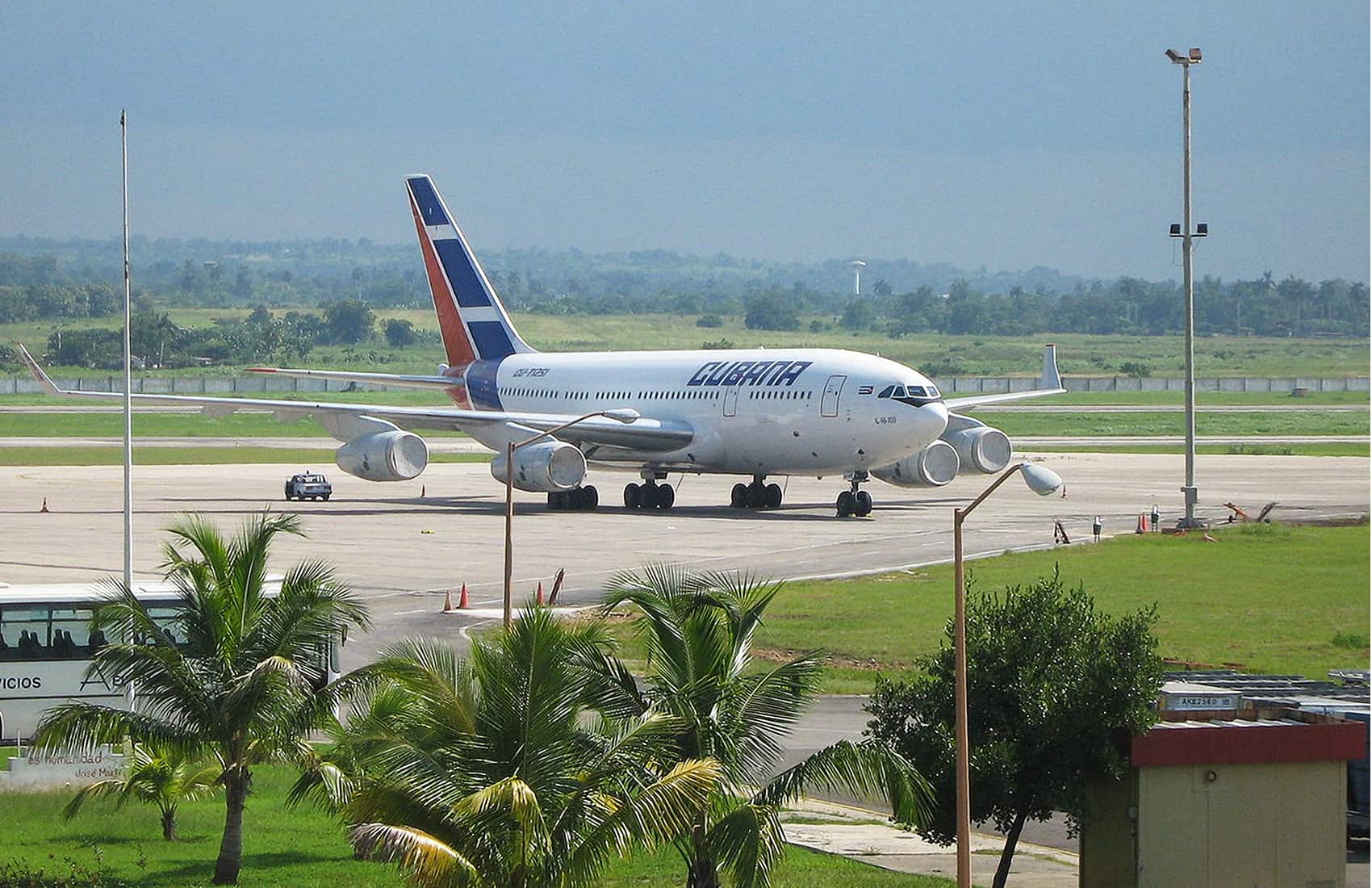Closed for almost eight months, Havana is reopening its doors to foreign tourists, but it also must convince them to return. Even as the pandemic rages, Cuba is confident it will achieve good results as it seeks to revive a vital economic sector.
“It is an important challenge,” admits Francisco Camps, deputy general director in Cuba of the Spanish hotel chain Meliá, which manages 34 facilities on the island, of which only 10 are currently operating.
Five international airports in the country reopened to charter flights in mid-October.
But the island’s jewel was missing: Havana, whose old-fashioned charm and historic center — declared a World Heritage Site by UNESCO — attract hundreds of thousands of visitors each year. It’s a destination that many tourists, especially Europeans, do not want to miss.
“Havana is important because (…) it is the airport that gives rise to regular flights that already allow connections with Europe,” says Camps. Closed to commercial flights since March 24, it reopened on Sunday, just in time for peak season (November-April).
This, he adds, allows “a flow of visitors who come not only to visit the city but (…) to do tours and do, let’s say, a type of tourism different from sun and beach tourism” where they might spend more money.
There is some urgency to reactivate tourism. Deprived of this economic engine (which generated $2.6 billion in 2019), Cuba has had to drastically reduce imports, which usually cover 80% of its food needs.
Given the shortage of coffee, milk and other basic products, lines now multiply in the country’s supermarkets.
Cuba as a ‘safe destination’
“The shortage that we are going through in the country is quite significant. I think it is the most serious since the 1990s,” highlights economist Ricardo Torres, from the University of Havana.
Torres recalls that at the time, which corresponded with the dissolution of the Soviet Union, tourism became “the sector that really managed to get Cuba out of the depths of the economic crisis.”
But now, opening up to tourism carries risks. On flights with British and Russian visitors, cases of coronavirus were detected that forced the isolation of dozens of travelers.
“It is unquestionably a significant risk,” acknowledges the head of Epidemiology of the Cuban Ministry of Health, Francisco Durán. “It is necessary that our population knows it so that the people who arrive are protected,” he says.
To reassure travelers, the country launched the slogan: “Cuba, tu destino seguro” (Cuba, your safe destination). Its number of coronavirus cases, 7,725 in a population of 11.2 million, are among the lowest on the continent.
Cuba’s protocols require tourists to undergo a PCR test (at a cost of $30) upon arrival and limit their movements until the results are available 24 hours later. In addition, each hotel has a medical team, which is possible thanks to a health network of 82 doctors for every 10,000 inhabitants (against 32 in France and 26 in the United States).
“A very successful strategy in controlling the epidemic is also an asset for Cuba when it comes to opening up,” Torres says, because “tourists are going to look for safe destinations from the health point of view in the coming months.”
So, “yes, we must protect people’s lives, but we must also revive our economy, which is in the doldrums,” he adds.
Teleworking from the beach
At the beginning of November, Cuba hosted a seminar with 150 German tourism agents. The Prime Minister himself, Manuel Marrero, met with them.
But some European countries remain closed or are applying new restrictions due to the pandemic. Canada, the main supplier of tourists to the island, imposes a quarantine for its residents upon return.
Generally speaking, the World Tourism Organization does not foresee a rebound in the sector before the end of 2021.
Hence the need to be creative. Meliá is offering long stays (two or three months) to Canadian tourists who want to escape the winter. It also has deals for visitors who wish to telework from the island.
“For this, an obviously important element was to be able to guarantee the connectivity issue” in a country where the internet connection is often slow and unstable, Camps explains. The five pilot hotels now have gigabit internet, he said.
Other Caribbean destinations, such as Barbados and Bermuda, are also promoting remote-work initiatives. The Hyatt hotel chain offers similar promotions in Costa Rica and the Bahamas.
But Meliá says it’s “realistic” and will keep a third of its hotels in Cuba closed in 2021, as it does not expect to return to normality for “at least a couple of years.”






